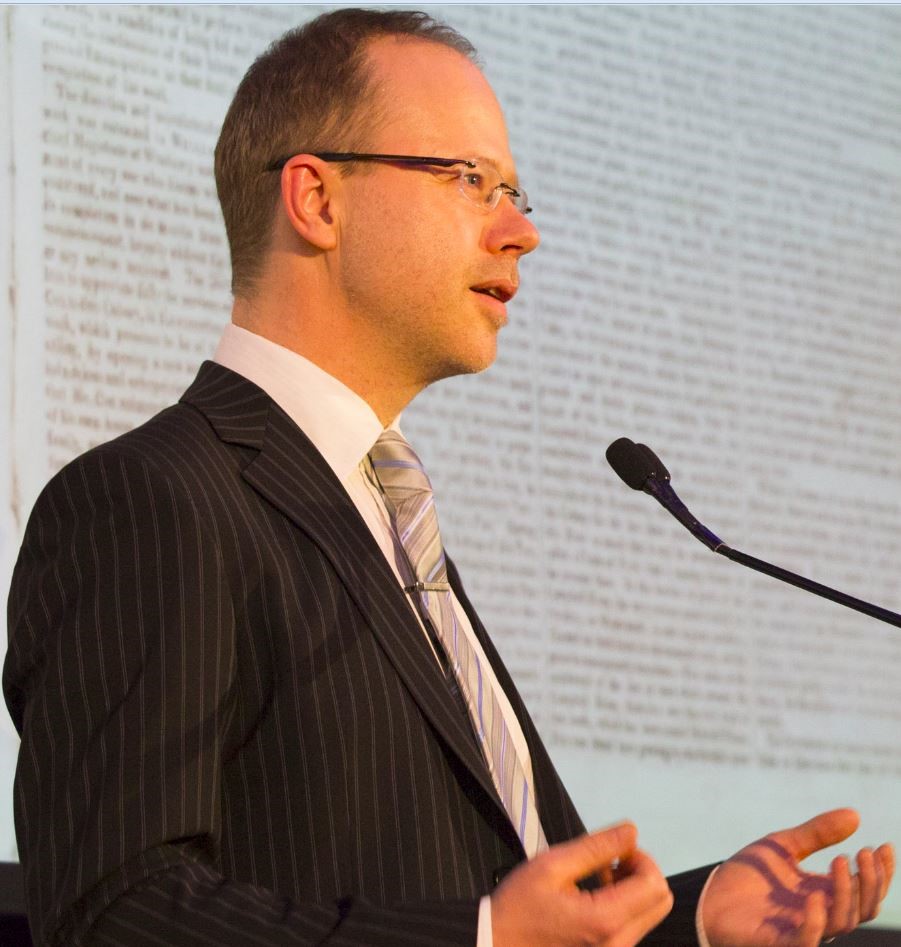The Archives
-
Communication and Media Studies, Digital Scholarship, Humanities
Open Scholarship in the Humanities
15.11.24 | Permalink | Comments Off on Open Scholarship in the HumanitiesExploring the rise of open scholarship in the digital era and its transformational impact on how knowledge is created, shared, and accessed, this open access book offers new insights on the history, development, and future directions of openness in the humanities and identifies key drivers, opportunities, and challenges. The concept of open research is reconfiguring […]
-
Biography, Communication and Media Studies, Digital Scholarship, Life Writing
Data Portraits: Identity, Privacy, and Surveillance
30.04.17 | Permalink | Comments Off on Data Portraits: Identity, Privacy, and Surveillance“Our pasts are becoming etched like a tattoo into our digital skins,” wrote J. D. Lasica in 1998. Since then, developments relating to online identity and privacy have progressively borne out his provocative assertion. Today, mass surveillance of our lives has become commonplace and endemic, leading to what Andrew Keen has described as a “catastrophe of abundance” of personal data.
When Time named its 2006 Person of the Year as “You,” it was signaling a global trend toward deep integration of data and algorithmic culture into our lives with the rise of social media. On its front cover, a computer screen displaying the word “You” served as a reflective mirror. “Yes you,” the caption explains, “You control the Information Age,” and “you” are responsible for “founding and framing the new digital democracy.” The mirror symbolically captured the open-endedness of the Internet and its readiness to be filled with reflections of ourselves while the “you” defined this moment in terms of individual empowerment.
-
Communication and Media Studies, Cultural Studies, e-Research
Connecting and Enabling the Humanities and Social Sciences
06.02.12 | Permalink | Comments Off on Connecting and Enabling the Humanities and Social SciencesIn today’s era of ubiquitous computing and global online connectivity, e-research is enriching research across a growing range of academic disciplines. Its reach is extending beyond the science and technology fields where it originated, and is now “penetrating the social sciences and humanities, [though] sometimes with differences in accent and label” (Jankowski, 2009). This chapter discusses some of the ways in which humanities researchers are embracing new digital resources, formats and modes of collaborating in ways that further the traditional goals of humanities research, “to better understand ourselves, our history, and our cultural heritage” (Cole, 2007). Topics covered in this chapter include the growing opportunities for collaborative and interdisciplinary approaches, building the information commons for public benefit, and the growing need for strategic investment in research infrastructure to support the humanities.
-
Communication and Media Studies, Cultural Studies, e-Research, Humanities
eResearch Infrastructure for the Humanities, Arts and Social Sciences
29.04.11 | Permalink | Comments Off on eResearch Infrastructure for the Humanities, Arts and Social SciencesAustralian researchers are recognised internationally for delivering solutions to the most complex and challenging questions facing cultures and communities. Their contributions are vital to the nation’s social wellbeing. Encompassing the study of society, identity, economy, business, governance, history, culture and creativity, this broad field links universities, government agencies, collecting institutions and creative industries with policy development and with communities. However, complex issues of national and global significance cannot be solved in isolation. They demand collaborative approaches which in turn require the infrastructure to support them. Across all sectors, research practices are being fundamentally influenced by leading-edge ICT, and social and cultural data of immense significance is being generated in many different forms. With considerable investment worldwide in eResearch infrastructure, innovation in the humanities, arts and social sciences is increasingly dependent on enabling technology to support research excellence.
-
Communication and Media Studies, Digital Scholarship, e-Research, Humanities
Virtual Strangers: e-Research and the Humanities
25.01.09 | Permalink | Comments Off on Virtual Strangers: e-Research and the HumanitiesThe Arts and Humanities have traditionally been worlds apart from Science and Technology in their ways of pursuing and generating knowledge and understanding. So much so that the famous term, ‘The Two Cultures’, coined in the mid twentieth century by C. P. Snow to describe the vast gap between these discipline areas, is still current and relevant.[i] It continues to dominate the organisation of disciplines in universities and drive the distribution of most national research funding. However, quite suddenly, at the end of the twentieth century, the digital environment began to trigger major changes in the knowledge economy, with the result that the humanities were thrown unexpectedly and involuntarily into a close relationship with technology. As one might expect in any forced marriage, it was not a case of love at first sight. In fact, the humanities have exhibited the full range of reactions—from totally ignoring the other, through unashamedly raiding their wealth, to wholeheartedly embracing the exciting future they seem to offer. Whatever the reaction, it is clear that the humanities are now inescapably entangled with technology, for better or worse, and the two cultures are connecting more than ever before, notably in the new research activities and spaces signalled by the term ‘e-research’.






